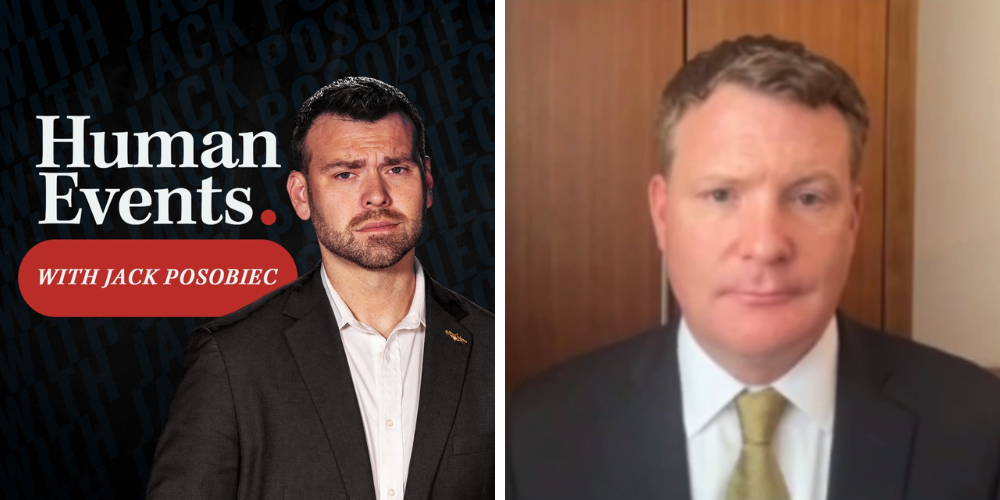Someone once said of Lillian Hellman that every word she uttered was a lie, including "and" and "the." Many defenders of affirmative action deserve a Lillian Hellman award.
Not only is much of what they say contradicted by readily available facts, much of what they say publicly contradicts what they themselves say privately. Often their very reasons for favoring affirmative action are false.
Supposedly, affirmative action in college admissions-the issue currently before the U.S. Supreme Court-is to help black students. But why are so many big businesses filing briefs with the Supreme Court in support of affirmative action in academia? Is it because they are so gung ho for black students? Or does this have something to do with their own bottom line?
Big business has a lot to lose if the courts stop buying the "diversity" mantra that has now become the stock defense of group preferences and quotas. Take away the legal protection of affirmative action and businesses can be sued by blacks if they are "under-represented" and by whites if blacks get hired with lower qualifications to make the numbers look good.
It would be a lawyer's heaven and a corporate CEO's hell. Money that might otherwise go to the stockholders or into reinvestment in the business would instead end up in the pockets of trial lawyers. Trying to steer a course between statistical "under-representation" and "reverse discrimination" would be a task that would be as interminable as it is impossible.
At the heart of the problem is that the courts have allowed both private plaintiffs and government agencies to equate statistical disparity with discrimination. At the very least, the burden of proof shifts to the employer-and usually nobody can prove anything, so the employer loses.
Since it is virtually impossible to find two groups with the same qualifications in any industry or in any country, applying the same standards to all applicants for employment or promotion virtually guarantees a "disparate impact" on different groups-which in turn virtually guarantees charges of discrimination.
Even when the same employer hires people for different jobs-say, third basemen and centerfielders-there can be very different racial representation in those two jobs. Check out the races of third basemen and centerfielders in the major leagues. Is the employer a racist when he hires third basemen but not a racist when he hires centerfielders?
You may have seen hundreds of black football players score touchdowns but when did you last see a black player kick the point after? Do you believe that white club owners are willing to hire black running backs and wide receivers, and to pay them millions of dollars each, but that those very same club owners cannot abide the thought of a black man kicking a football through the uprights?
These are just some of the absurd conclusions you would have to reach if you took "disparate impact" statistics seriously. But disparate impact theory is like the emperor who has no clothes. Everybody knows he has no clothes. But they have to pretend that he does. Otherwise, the whole system is in jeopardy.
Take away disparate impact theory and you would have widespread unemployment in government agencies that enforce anti-discrimination laws. Trial lawyers might have so much time on their hands that they would have to sue more doctors, in order to make ends meet.
Back during the Reagan Administration, when there was some talk about a new presidential executive order rescinding the executive orders of Presidents Lyndon Johnson and Richard Nixon on which affirmative action is based, big business made their opposition known and the idea was quietly dropped.
This was not the Reagan Administration's finest hour. Nor was it the Supreme Court's finest hour when the justices made their first big ruling on affirmative action, 25 years ago, and ended up with a cacophony of opinions, as they tried to square the circle and split the baby, so that quotas could continue-provided that you didn't call them quotas.
This year we will find out whether the justices have learned anything in a quarter of a century of national discord based on their indecision.




